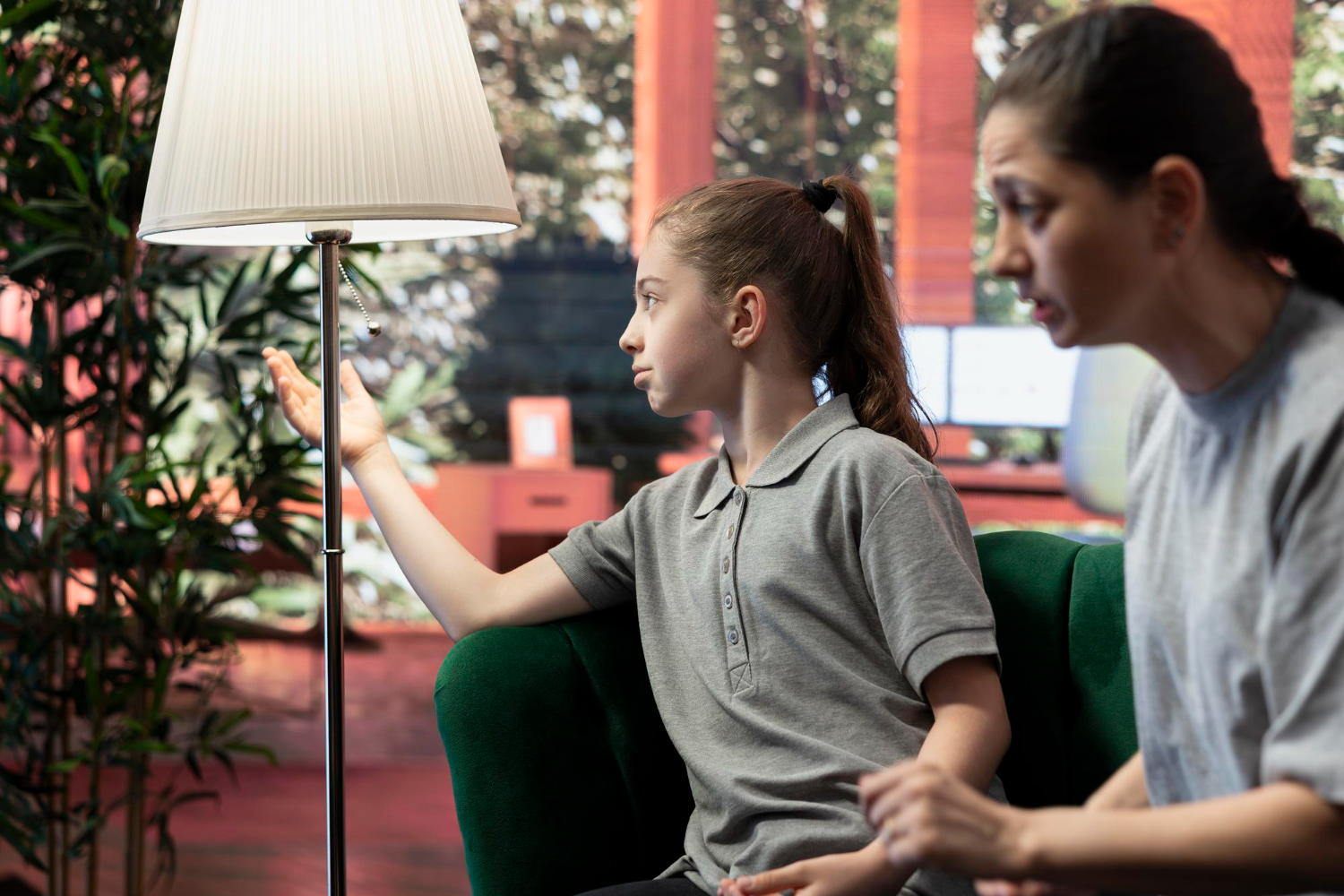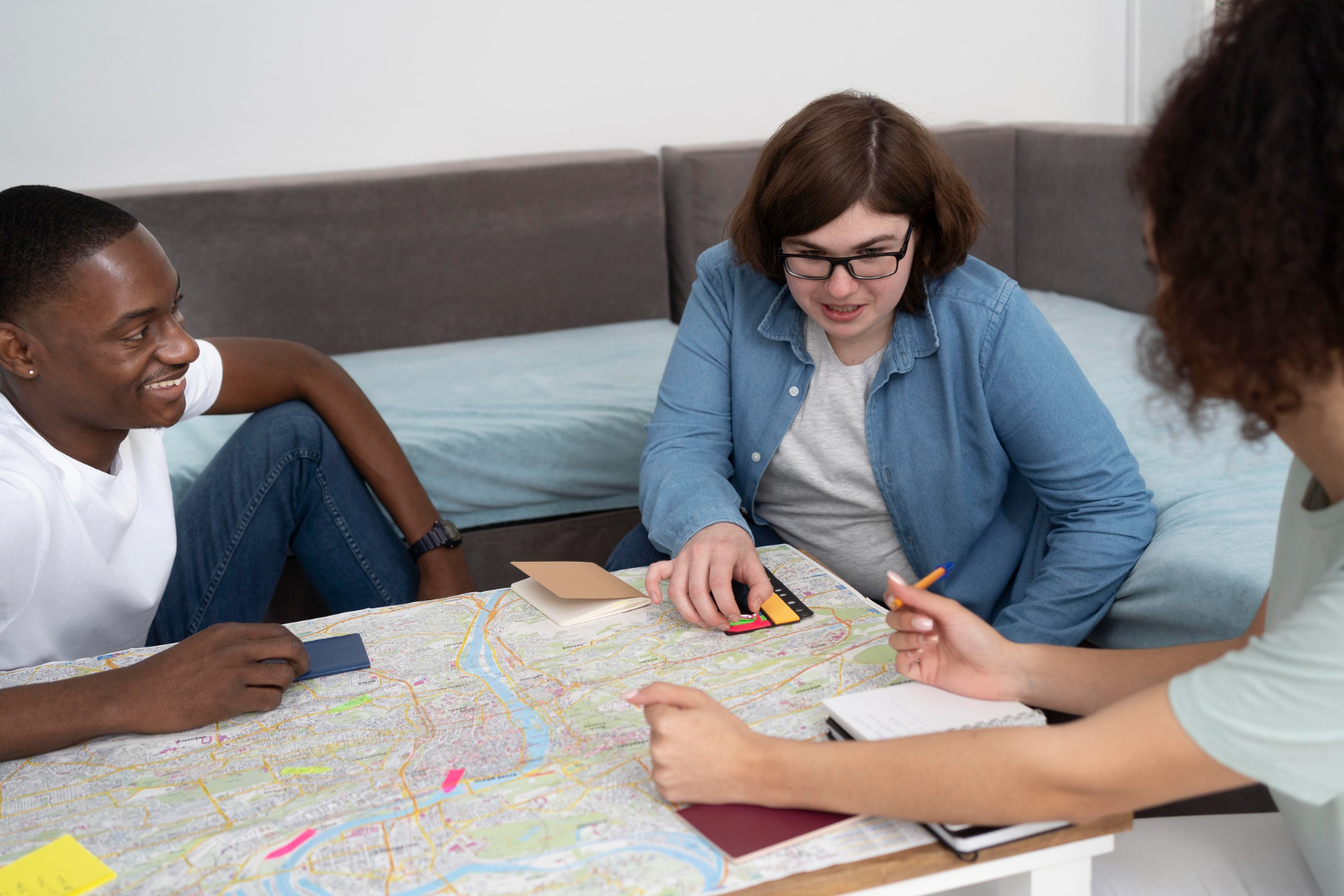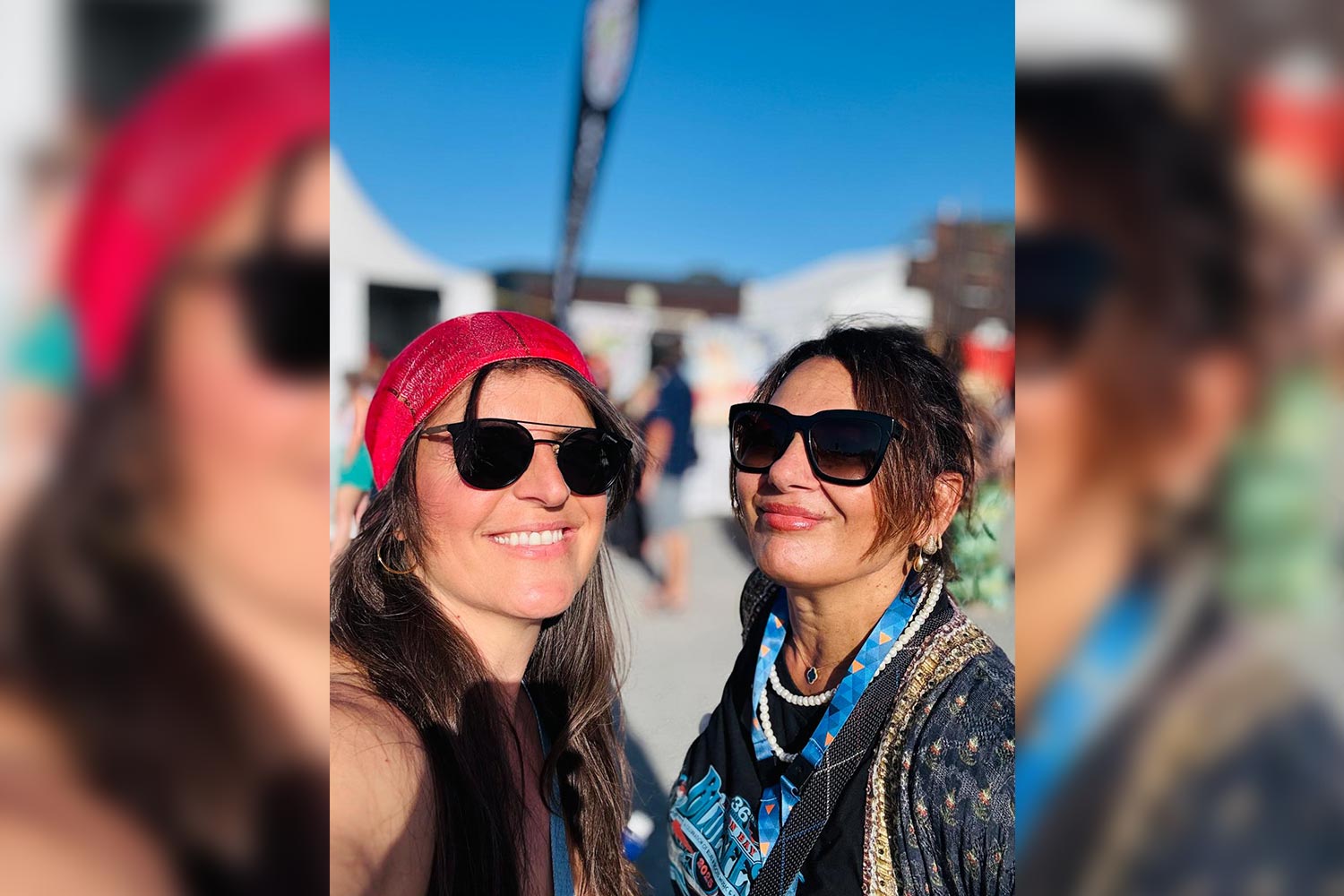Singing the Blues – Wonderful insights and feedback to the Byron Bay Bluesfest by an amazing woman living with a disability.
An open letter to the organisers of the 2025 Bluesfest.
With extensive experience, I have worked with up to 300 volunteers and been an Area Supervisor at the Sydney Writers Festival for four years. I have also worked as an events organiser at Manly Council for public events like Anzac Day and Australia Day festivals. Additionally, I’ve attended many one-day music festivals, giving me comprehensive knowledge of planning procedures, especially regarding large crowds and accessibility needs.
As a national ambassador for Parkinson’s Australia and advocate for young people with Parkinson’s for over 30 years, I spoke at the National conference for Parkinson’s Australia in the ACT a week before Bluesfest.
I want to highlight the lack of accessibility and respect for people with disabilities at Bluesfest.
As someone who has lived with young onset Parkinson’s for over 35 years, I was excited to pre-purchase a four-day Bluesfest pass for $816.95 to attend my first festival in 2025. However, during the event, I was disappointed by the lack of accessible areas, confusion and conflicting messages from staff, and inadequate facilities for patrons with disabilities or health issues.
Before the event, I contacted your Bluesfest Events team several times about needing accessibility access and using a companion card ticket for my carer. Despite receiving conflicting information from your team, I pre-registered on your website for accessibility requirements and a companion carer ticket, specifying that I needed an accessible viewing area.
When we arrived at the festival to collect our companion ticket at the information booth, I was not informed that an official pass was needed to enter the accessible viewing platform. Upon attending our first performance, I was surprised to see the platform’s capacity was limited to 12 people. On the second day, I learned that an official Bluesfest accessible pass on a lanyard was required, which my carer collected. Since I had preregistered, I expected this information and the access pass to be provided when collecting the companion ticket.
During peak performances like Crowded House, John Butler, Missy Higgins, and others at both Crossroads and Mojo stages, the accessible viewing platforms were overcrowded. Many attendees with special needs, including myself, could not access them. The volunteers managing the area were overwhelmed and unable to assist effectively, resulting in chaos. Some individuals remained seated all day to avoid losing their spot, and police were called at times to control the situation.
An accessibility manager noted they didn’t anticipate the number of patrons but issued over 200 passes in the first two days, with only one person pre-registering, possibly me.
Before the John Butler performance began, I felt very unsteady and was unable to stand or walk. We approached the accessible stage, which appeared to be full and dangerously over capacity, preventing me from accessing the seating area. However, upon observing my distress and instability due to Parkinson’s disease, the volunteer on duty kindly offered me a small side table, rather than a chair, to sit on outside the designated accessible area.
My Parkinson’s symptoms are aggravated by stress, anxiety, crowded areas, noise, and heat, leaving me unable to walk safely, causing my gait to freeze, and resulting in prominent tremors, involuntary movements such as dyskinesia, and painful muscle spasms like dystonia. These symptoms significantly increase the risk of falls, make speaking, walking, and navigating through crowds difficult, and impact my cognitive state, leaving me feeling overwhelmed and unable to advocate for myself. Consequently, I require a constant companion or carer to assist me at all times.
Bluesfest accessibility was significantly impaired due to the absence of designated seating in areas with general seating composed of plastic white chairs. Individuals did not vacate their seats throughout the day or offer them to those in need, such as myself, who experienced mobility issues, an unsteady gait, and painful back spasms caused by standing dystonic contractions of the lower back. This situation was consistently disappointing and frustrating, as people reserved seats for extended periods, including young families with children and individuals saving seats for friends, despite witnessing others struggle.
A straightforward solution to this issue would be to designate the first few rows of seats in the general seating area as accessible/elderly seating. This could be achieved by printing laminated labels and attaching them to the seats, along with having a couple of volunteers at each end of the rows of white plastic chairs at each stage in the general seating area to manage the seats, similar to visible markings on buses, trains, or other accessible areas. This suggestion was made to the team at the accessible area and would have provided the necessary extra accessible seating, thereby facilitating greater wheelchair access. During one particularly crowded performance, my carer captured an image of individuals lifting a wheelchair in the air so the person could see.
Navigating the event was extremely difficult due to the disorganized placement of camp chairs and the massive influx of people. The overcrowded and chaotic environment made it hard for those with mobility issues, like myself and my companions, to move around safely. This resulted in us missing many headline acts and choosing to leave Bluesfest early to avoid potential injury.
I couldn’t even stand without fearing I would be pushed or fall, so I left early during Crowded House’s performance to avoid being trampled. sympathize with the volunteers who struggled to manage the chaos and faced numerous complaints from those needing assistance.
There is a need to hire a professional disability specialist team to improve accessibility and viewing areas for future festivals.
Your Bluesfest website states;
‘Bluesfest welcomes patrons with a disability and aims to improve the site and the Bluesfest experience each year.’
Bluesfest 2025 did not adequately address the needs of people with accessibility requirements due to the capacity crowds. I hope my letter and suggestions assist you and the team in making Bluesfest more accessible in the future.
I would be happy to discuss my experience at Bluesfest 2025 and share recommendations on improving accessibility for people with Parkinson’s or other mobility conditions.
Yours sincerely
Paula Argyropoulos
National Advocate and Ambassador Parkinson’s Australia Guest Speaker PANC25 ACT, Working Party Organising Committee, Volunteer for PANC25, Working party for development of YOPX Exchange App representing People Living with Parkinson’s, Parkinson’s Australia





